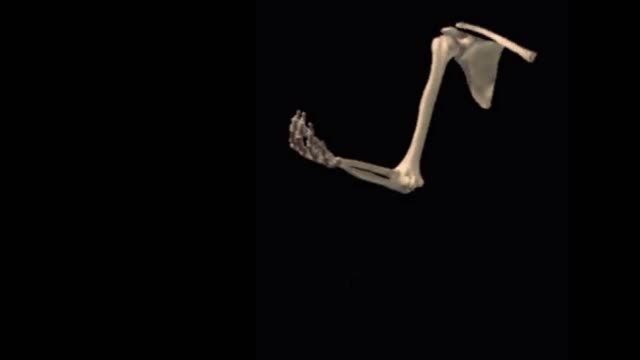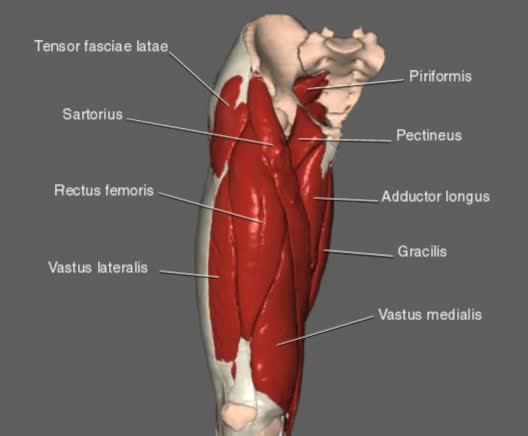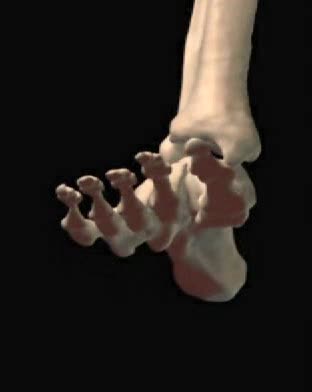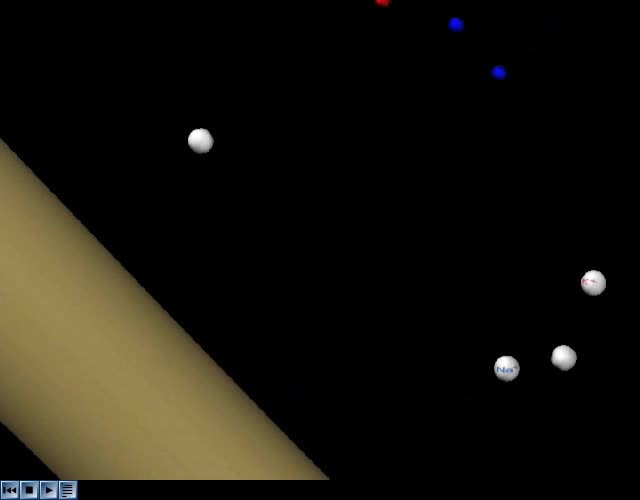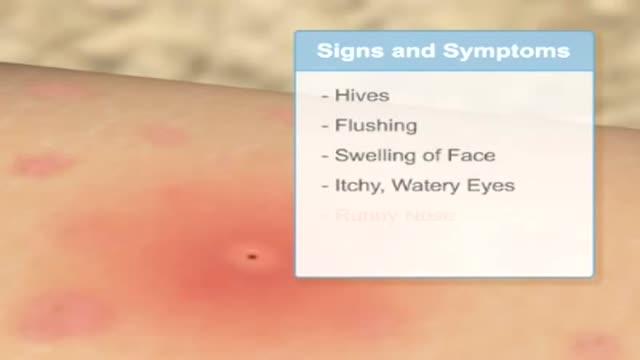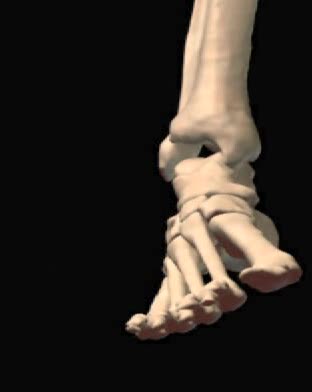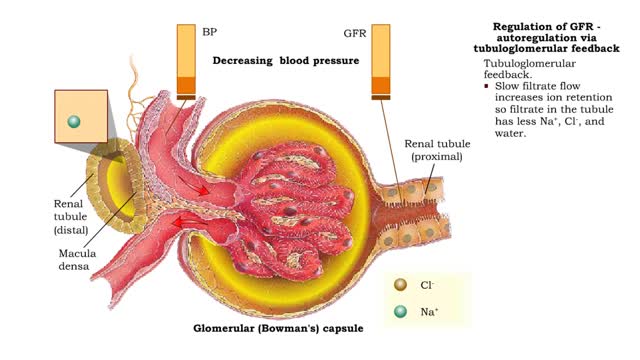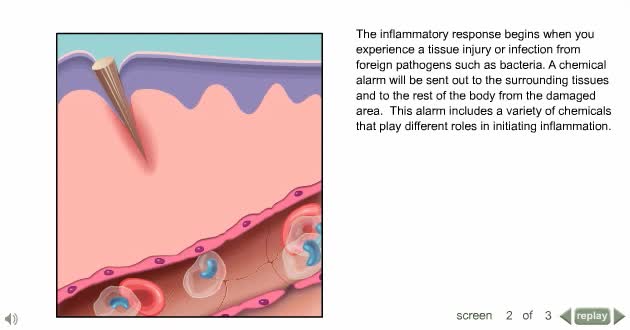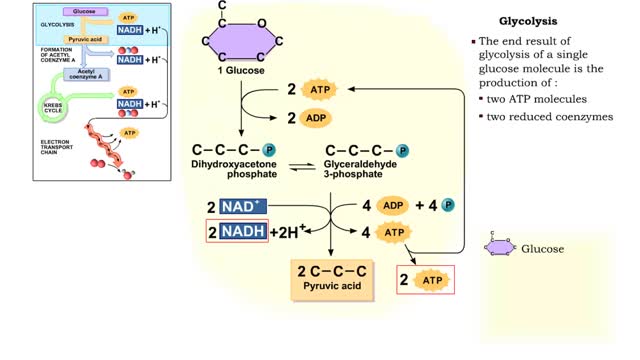Search Results
Results for: 'Peptide Bond Formation Animation'
By: Administrator, Views: 659
Normal starting position for elbow flexion is with the subject supine with the shoulder positioned in 0 degrees of flexion, extension and abduction with the arm close to the side of the body
Hip and Thigh Movement Animation
By: Administrator, Views: 451
- The 3 hamstring muscles (biceps femoris, semimembranosus and semitendinosus) – these muscles form most of the flesh of the back of the thigh; they flex the knee and extend the hip; - Gluteus maximus muscle (buttock); and, - Gracilis, sartorius and plantaris muscles.
By: Administrator, Views: 386
Ankle dorsiflexion essentially means moving your foot so that your toes get closer to your knee.
By: Administrator, Views: 14122
The majority of epilepsy cases are idiopathic (cause not identified) and symptoms begin during childhood or early adolescence. A child who has a seizure while standing should be gently assisted to the floor and placed in a side-lying position. In adults, epilepsy can occur after severe neu...
By: Administrator, Views: 14866
An epinephrine auto-injector is a medical device for injecting a measured dose or doses of epinephrine by means of autoinjector technology. It is most often used for the treatment of anaphylaxis. The first epinephrine auto-injector was brought to market in the 1980s.
By: Administrator, Views: 340
Eversion–Turning outward. Inversion–Turning inward.
Regulation of GFR: autoregulation via myogenic mechanism Myogenic mechanism
By: HWC, Views: 12556
• GFR can be regulated by adjusting: • Blood flow in and out of the glomerular capillaries. • Surface area of glomerular capillaries. • There are three main ways to make these adjustments: • Renal autoregulation. • Nervous regulation. • Renal autoregulation occurs when...
By: Administrator, Views: 14000
Inflammation is caused by a number of physical reactions triggered by the immune system in response to a physical injury or an infection. Inflammation does not necessarily mean that there is an infection, but an infection can cause inflammation.
By: HWC, Views: 11322
The first reactions involve a single 6-carbon glucose sugar undergoing phosphorylation using two ATP molecules and resulting in two 3-carbon compounds. • The rest of this pathway involves an oxidation reduction reaction, forming two reduced coenzymes, and generation of four ATP molecules. ...
Advertisement



